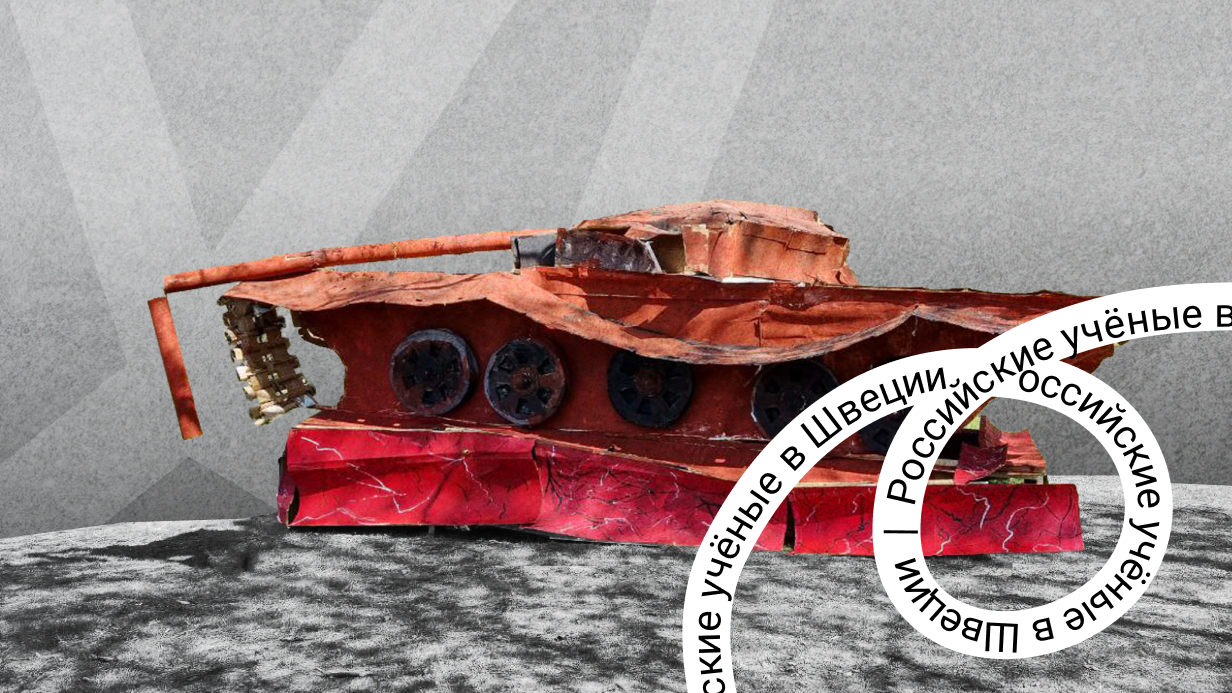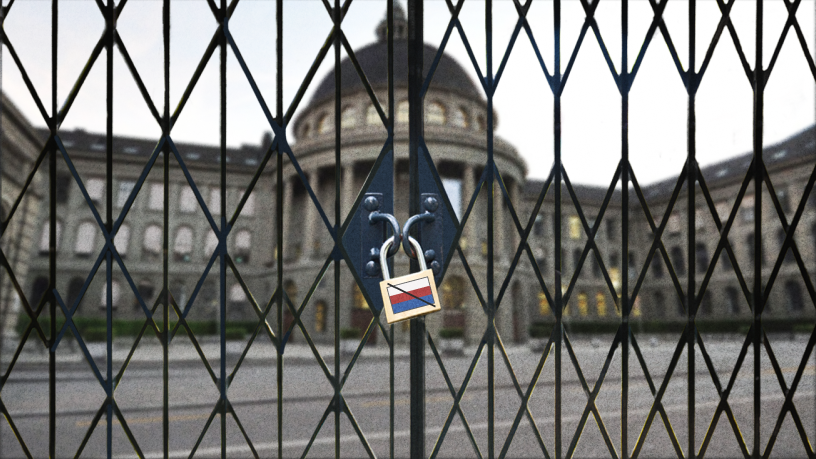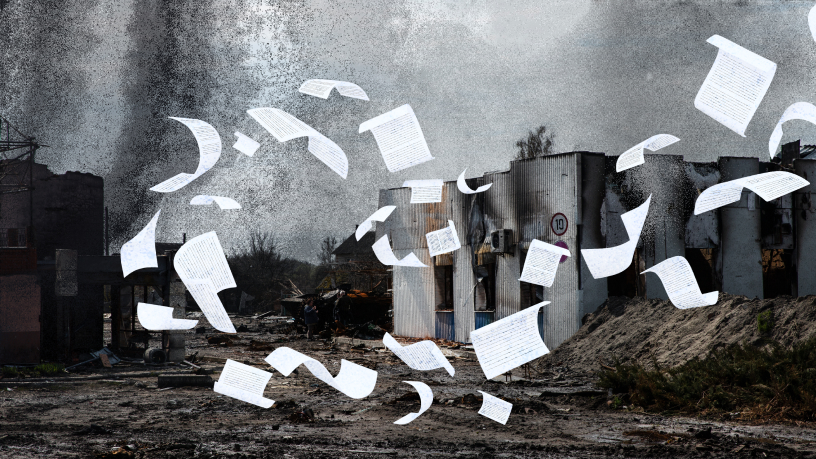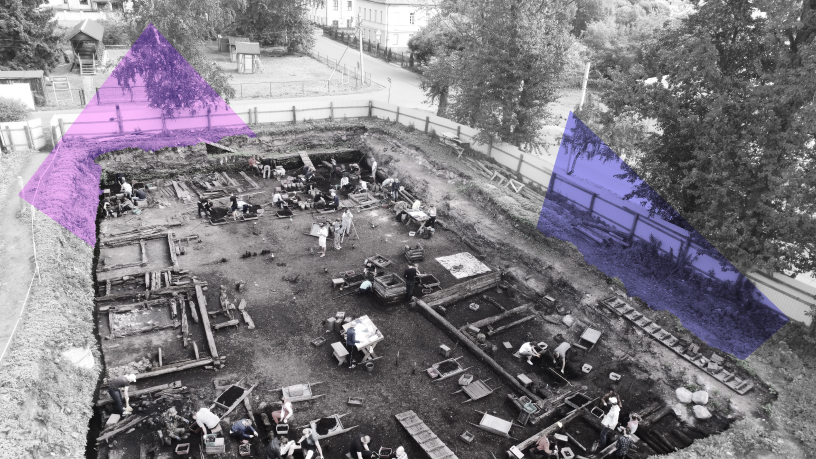Автор: Yulia Chernaya
-

Why Russian scientists are being deported from Sweden and denied the right to enter the Schengen zone
Russian scientists currently in Sweden are increasingly being denied permanent residence permits. And along with the refusal – a ban on entering the Schengen zone for a significant period of time. T-invariant talked to scientists who have been or could be affected by this measure and tried to understand what exactly worries the Swedish Migration…
-

Swiss cross on Russian students: famous Zurich university imposes sanctions on them for “security reasons”
The ETH Zurich has adopted new security rules that effectively make it impossible for Russian students to enrol in the university’s master’s and doctoral programmes. T-invariant managed to speak to students who have lost the opportunity to study at this prestigious institution and to take comments from the ETH itself.
-

“First Student”. Why SPbSU rushed to ban its staff from publishing in open access scientific journals
St. Petersburg State University was the first Russian university to ban its employees from publishing in international open access journals published by Elsevier. There are good reasons for this: as Elsevier told T-invarinat, the funds received from Russian authors are indeed sent to Ukraine.
-

To dig or not to dig? Will the construction of a museum centre hinder the salvation of the Novgorod birch-bark literatures?
“The Troitsk excavation under threat”, “The last chance to learn our history”, “Archaeologists ask for help ” – only a small part of the publications that appeared this autumn. Fears of losing ancient Novgorod literatures are connected with the construction of the historical and archaeological centre, which is due to start this year.
-

Non-free laser on free electrons. How scientists from Russia lost the opportunity to work on a unique facility?
As of 30 November, Russian scientists will no longer have access to the facilities of the European Organisation for Nuclear Research. This is not the only scientific instrument to which access has been closed due to Russia’s invasion of Ukraine. T-invariant takes the example of the European XFEL free electron laser to understand what this…
-

Undesirable two years: how the Fulbright program for Russian scientists ends
Even before the war with Ukraine, about 150 young Russian scientists became Fulbright scholarsand got the opportunity to study at American universities. In March of this year, the IIE and Cultural Vistas organizations sponsoring the program were declared undesirable in Russia. T-invariant looked into what awaits fellows in their home countries and what alternatives young…
-

Z-plasticity of social fabric.
What scientists understood while studying the “new reality” in RussiaFebruary 24, 2022 is a date that divided the lives of millions of people into before and after. Millions of Ukrainians became refugees, hundreds of thousands of Russians were forced to leave the country, thousands of people became political prisoners. Schools and universities have been invaded by Z-ideology. This gave rise to a new Russian…
-

Normal war. How mass murder changes people’s consciousness and their ideas about the norm
How does war become routine, heroic and ordinary? Do you need to look at photographs of hostages every day? Where is the line between adapting to war and rejecting conflict? These questions were discussed by the participants in the discussion “Normalization of Evil” – urban geographer Aleksey Novikov, visiting researcher at Ariel University Viktor Vakhshtain…
-

Joan of Arc from Ivanovo
In Ivanovo, under strange circumstances, Olga Nazarenko, associate professor of the department of pharmacology of the Ivanovo State Medical Academy and political activist, died from numerous injuries. The lawyer was unable to get an investigation into the causes of her death and gain access to a medical report on the causes of death, so she…
-

How does a private college operate, whose director was deprived of accreditation for his civic position?
Behind the names in the “Chronicle of the Persecution of Scientists”, which is jointly conducted by T-invariant and CISRUS, there are specific people forced to fight for their civil and academic freedoms. We decided to tell in detail who and why decides to go against government pressure in science and education. The first material focuses…
-

War and everyday life: how we learn to live in the extraordinary
What can sociology tell us about war? For residents of Eastern Europe, war has ceased to be a word from textbooks and news. It invaded their homes and their destiny, it became part of their everyday life. Ariel University researcher Victor Vakhshtain gave an open lecture at the Free University about how war mixes with…